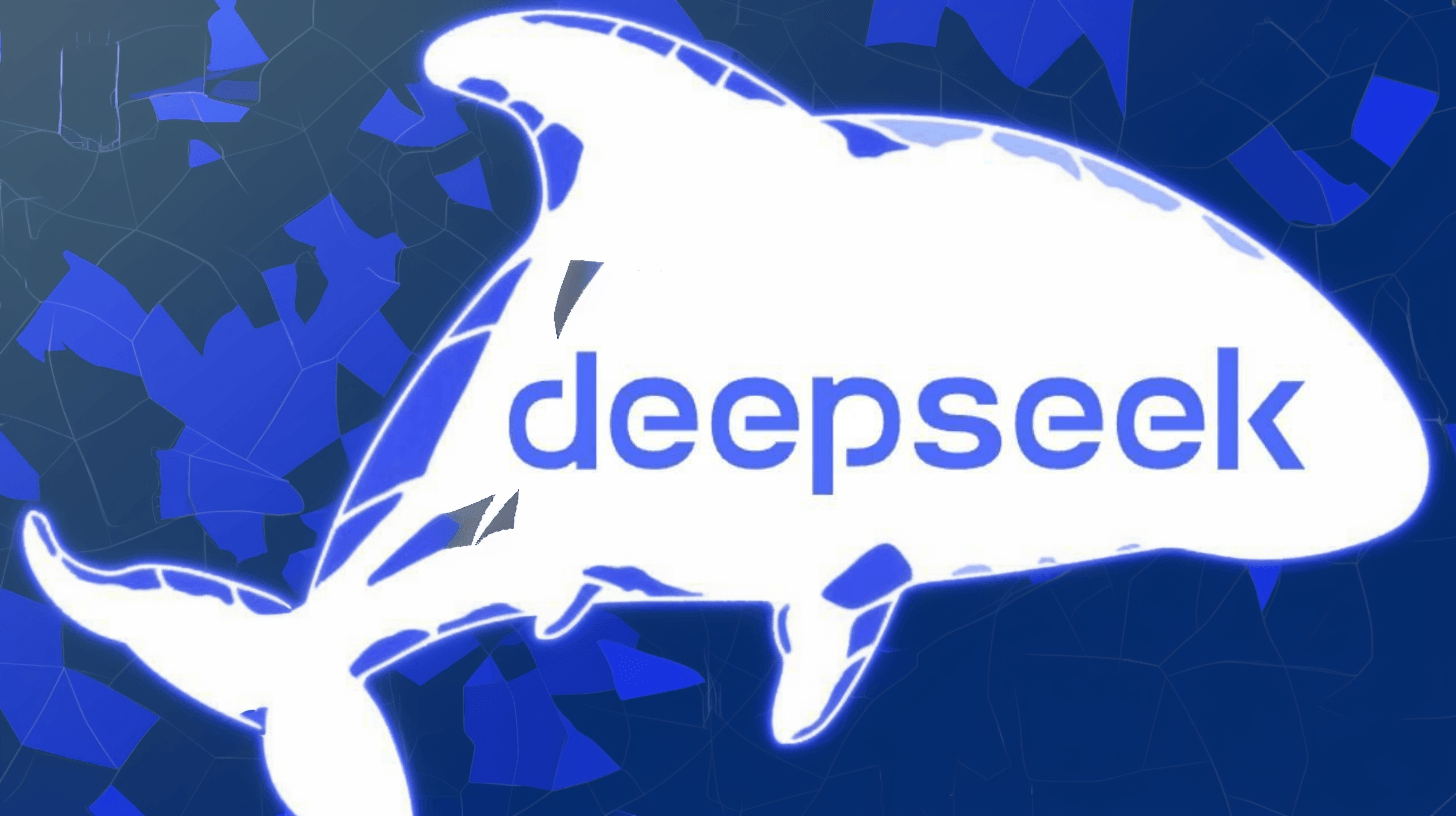Already a subscriber? Make sure to log into your account before viewing this content. You can access your account by hitting the “login” button on the top right corner. Still unable to see the content after signing in? Make sure your card on file is up-to-date.
Texas has officially opened an investigation into DeepSeek, a Chinese artificial intelligence company.
Some shit you should know before you read: Roughly a month ago, Chinese AI startup DeepSeek launched its R1 model, a high-performing AI system that shocked the industry by being developed for just $5.6 million—a fraction of the billions of dollars spent by US companies like OpenAI, Google, and Meta on similar models. Unlike its American counterparts, which rely on massive infrastructure and cutting-edge chips, DeepSeek used only 2,000 Nvidia H800 chips, which are older and less advanced, to train its model efficiently. This breakthrough raised significant concerns about whether China is closing the AI gap with the US, potentially challenging America’s technological dominance.

What’s going on now: In an announcement, Texas Attorney General Ken Paxton revealed that his Office has officially opened an investigation into DeepSeek over concerns about data privacy and national security. Paxton alleges that DeepSeek operates as a proxy for the Chinese Communist Party (CCP) and poses a threat to American AI dominance by potentially collecting and misusing US user data. As part of the investigation, Paxton has issued Civil Investigative Demands (CIDs) to Apple and Google, requesting documentation related to DeepSeek’s application and the security reviews it underwent before being listed on their app stores. He has also notified DeepSeek that its platform violates the Texas Data Privacy and Security Act, signaling potential legal consequences for the company.
Paxton is also accusing DeepSeek of illegally undermining American technology companies by leveraging its alleged ties to the CCP while disregarding US data privacy laws. He argues that the company could be funneling sensitive data to the Chinese government and compromising the rights of Texans who use its platform.
In a statement, Paxton said, “The United States and Texas will continue to be at the forefront of global AI innovation, and any CCP-aligned company that tries to undermine that dominance by violating the rights of Texans and illegally undercutting American technology companies will face the full force of the law.”
This all comes as China’s strict national security and intelligence laws require companies based in the country to comply with government requests for data access and cooperation. Under China’s National Intelligence Law of 2017 and the Data Security Law of 2021, businesses—including private tech firms—are obligated to share information with Chinese authorities upon request, regardless of where their users are located. These laws have raised significant concerns among US lawmakers and security experts, who warn that any Chinese company operating internationally could be compelled to collect and transmit sensitive user data to the CCP.






